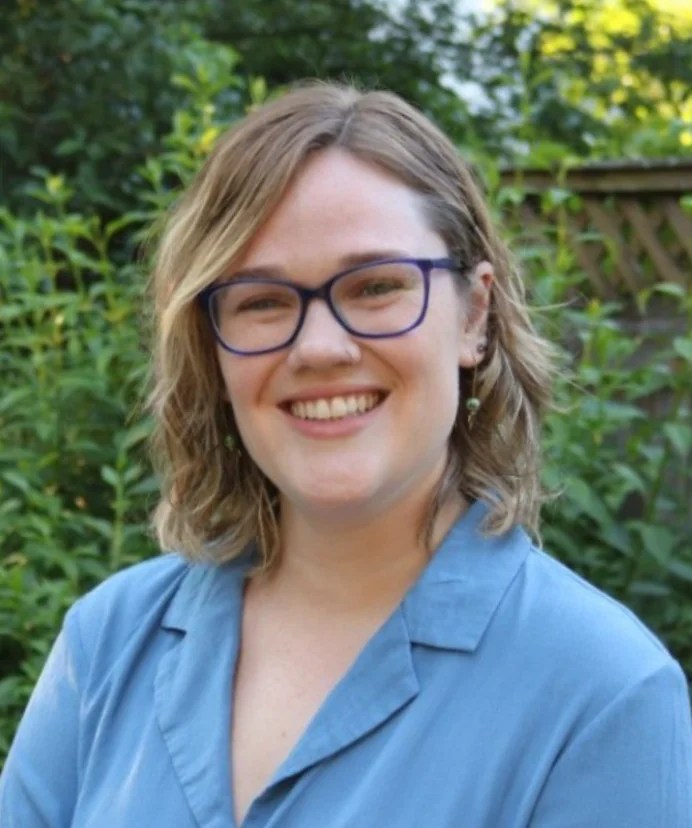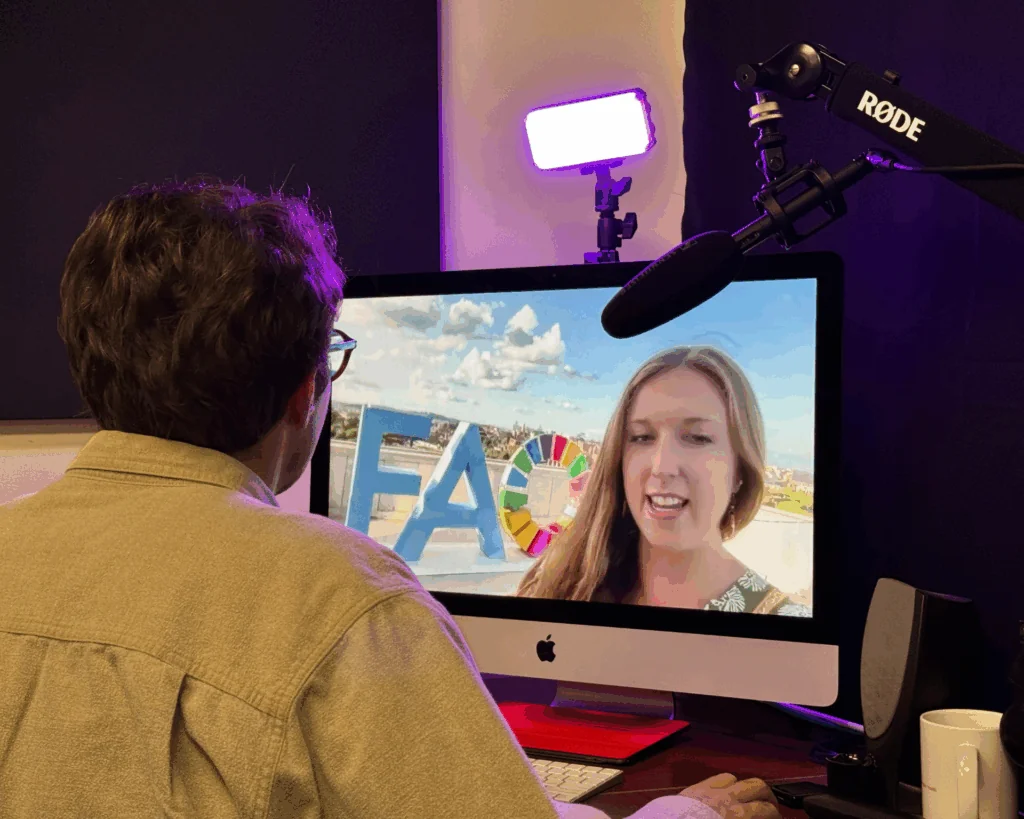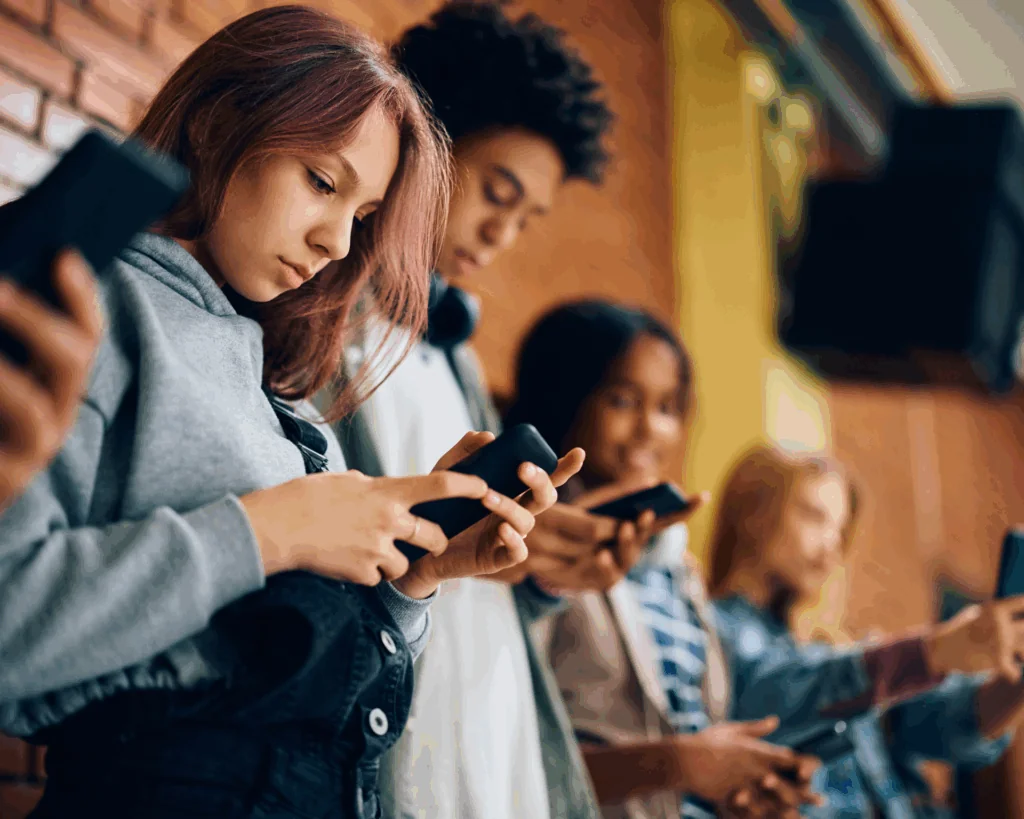Performing Public Health with Jonathan Hamilt
Jonathan Hamilt is co-founder of the NYC Chapter of Drag Story Hour and the executive director of Drag Story Hour, a national organization operating separately from DSHNYC. His drag persona, Ona Louise, works to heal her inner child by offering affirming and accepting programming for kids.

Read Time: 5 minutes
Published:
Jonathan Hamilt is co-founder of the NYC Chapter of Drag Story Hour and the executive director of Drag Story Hour, a national organization operating separately from DSHNYC. He has spoken at the American Library Association, Public Library Association, School Library Journal, and SXSW Edu Conference. His drag persona, Ona Louise, works to heal her inner child by offering affirming and accepting programming for kids. Outside her work with Story Hour, Ona also hosts charity drag bingos across NYC.
This is part three of a four-part series – The Art of Promoting Health – examining art’s role in the treatment of mental illness and the promotion of public health. Read parts one and two.
“Hello, hello, hello, and welcome to Drag Queen Story Hour. My name is Harmonica Sunbeam and this is our Black History Month Edition. My pronouns are she and her when in drag.”
Harmonica’s teased blonde hair fills half the Zoom screen. Shades of purple and blue eyeshadow shimmer up to her dramatically arched eyebrows. Heavy hoops hang from her ears. Harmonica explains, “Drag, to me, is anytime that you dress up more fabulously than you normally do…it’s not how you normally look. But when I do drag, this is how I look!” She strikes a pose. “Now, wave your hands if you’re ready for our first story!”
As she reads a picture book about Bill Bojangles Robinson, the highest paid Depression-Era performer, a giant rhinestone ring flashes from her finger. Before the next story, she leads the children in a rendition of “Twinkle Twinkle, Little Star,” and closes out the time by thanking the New York Public Library and her local councilman for co-hosting the online event.
Drag Story Hour didn’t invent the idea of reading to kids in costume. But it became a 501c3 Children’s Literacy Nonprofit that used the art of drag to demonstrate diversity, equity, and inclusion, and build a safe space for families of all backgrounds to read together at public libraries.
Jonathan Hamilt co-founded Drag Story Hour NYC (DSHNYC), in conjunction with Rachel Aimee Given-Wilson, and later went on to become the executive director of Drag Story Hour, a national organization operating separately from DSHNYC. Drag Story Hour now has chapters in almost every state and across the globe, including Sweden, Mexico, Tokyo, Berlin, Denmark, Australia, and Canada.
Hamilt stepped into the executive director role of the national organization in 2020, right when the pandemic hit. Like most organizations, Story Hour had to pivot to virtual events to follow COVID-19 safety precautions. Jonathan developed digital trainings for how to deal with Zoom trolls, online harassment, and hate mail. Now, they’ve pivoted back to in-person events, but a new crop of safety concerns have arisen.
Over the past year, different groups have been disrupting Story Hour events. As the executive director, Hamilt regularly receives death threats from members of far-right extremist groups and others who don’t want to see LGBTQ+ representation in public spaces. He has a “hate mail” tab in his inbox, but compartmentalization only gets him so far. The daily onslaught of hatred takes its toll. As Jonathan says, “I thought the hardest thing I would have to do for drag would be to make sure my hairline looked good, not have an active shooter contingency plan.”
As Story Hour performers provide role models of diversity for young kids, they put their own mental and physical health at risk. “I’m bringing so much joy and happiness to somebody, but it is really hard on me to deliver it,” says Hamilt. “When there’s so much hate in the world it’s hard to keep a smile on and have good presence and deliver something cheerful that’s going to help others.”
Inclusive representation is a core value of Story Hour: they present storytellers who look and act like people in their community. In Spanish Harlem, for example, they’ll have a bilingual story hour with a Spanish-speaking drag queen who reads books with Brown characters who look like the audience. It’s less about the content of the book than about representation.“It’s really important for kids and parents to see themselves,” highlights Hamilt. “Here we are on a stage, showing what queer joy can look like in a positive way that gives back to the community. It’s activism paired with representation.” A new grant from MTV has recognized Story Hour’s mental health work, and will help Story Hour produce mental health awareness videos for Mental Health Action Day on May 18, 2023.
There has been a growing wave of anti-LGBTQ+ legislation and increasing concerns about child and adolescent mental health. It is well-established that gender and sexual minorities have higher rates of mental health problems than their heterosexual and cisgender counterparts. Research has shown that pro-LGBTQ+ laws like same-sex marriage laws are associated with positive mental health outcomes among LGBTQ+ residents, while anti-LGBTQ+ legislation is associated with negative mental health outcomes. And a growing body of research highlights the association between self-acceptance and mental health for sexual and gender minorities; Story Hour addresses self-acceptance directly.
Access for all is a core value of Story Hour; the readings are held at public libraries and are free to attend. During the COVID-19 lockdowns, accessibility was difficult: the children were engaged, but only people with access to personal computers and Zoom could join. It was better than nothing, but as Hamilt says, “Drag is meant to be experienced in person, like live theater, and kids already have too much screen time.”
Nonetheless, the show must go on. And it does, despite threats to performers’ personal safety and antagonism because, in Jonathan’s (Ona’s) words, “When you include the most marginalized groups of people, everyone can be included.”
Photo provided



